A community clinic on the outskirts of Johannesburg has become the center of an intense national debate about healthcare, immigration, and human rights in South Africa. The controversy stems from the rise of Operation Dudula, an anti-migrant movement that has expanded its campaign across provinces, blocking foreign nationals from accessing public hospitals and clinics. The group claims its mission is to “prioritize South Africans,” but its actions have drawn widespread criticism from human rights defenders, political leaders, and international observers who argue that it violates the constitution and fuels xenophobia.
The dispute, which began in 2022 as isolated protests outside local clinics, has now escalated into a national crisis. In recent weeks, Operation Dudula activists have staged pickets at medical facilities in Gauteng and KwaZulu-Natal provinces, demanding that patients show South African ID cards before being allowed to receive treatment. Those who only have foreign passports are being turned away, leaving thousands without access to vital healthcare.
In Diepsloot, a densely populated township near Johannesburg, the situation has become particularly tense. On a cool spring morning, 43-year-old Sicelokuhle Moyo, a Zimbabwean who has lived in South Africa since 2006, arrived at her local clinic to collect medication for a chronic illness. At the gate, she was confronted by men wearing T-shirts emblazoned with “Operation Dudula – Mass Deportation.” When she presented her valid passport, they refused her entry, insisting that only South African IDs would be accepted. Moyo, frustrated and helpless, joined other women who had been turned away and were waiting by the roadside, uncertain of what to do next.
Another foreign national, 45-year-old Tendai Musvava from Mozambique, shared a similar experience. “I was in the queue and they said they only need people with IDs. I have a passport but no South African ID, so I can’t get my medication,” she explained, visibly heartbroken. “They do what they want because it’s their country. I don’t have a choice.”
South Africa is home to approximately 2.4 million migrants — around 4% of its total population — many of whom come from neighboring countries such as Zimbabwe, Mozambique, and Lesotho. Historically, these migrants have played a vital role in South Africa’s economy, particularly in mining, domestic work, and construction. However, in recent years, worsening unemployment, poverty, and economic inequality have fueled anti-immigrant sentiment, leading some citizens to blame foreigners for the nation’s hardships.
Operation Dudula, which started as a grassroots campaign, has evolved into a political movement with plans to contest local government elections. Its leader, Zandile Dabula, insists that the group’s actions are not xenophobic but necessary to protect the interests of South Africans. “We want prioritization of South Africans. Emergency care — yes, we understand you must be treated — but if you are illegal, you must be handed over to law enforcers,” she said in a recent interview. Dabula argues that South Africa’s public healthcare system is overstretched and cannot continue serving non-citizens. “Health cannot be a freebie for everyone. We don’t have enough resources to cater for the whole globe,” she added.
Yet, South Africa’s constitution clearly states that everyone — regardless of nationality or immigration status — has the right to access healthcare. Activists and lawyers warn that Operation Dudula’s activities directly violate this principle and undermine the rule of law. Fatima Hassan, a human rights lawyer with the Health Justice Initiative, criticized the government’s inaction. “It is deeply problematic to have a group that is not sanctioned by the state making decisions about who gets in and who gets out of public facilities. Unless the government intervenes soon, it risks losing control of law and order,” she warned.
Deputy Health Minister Dr. Joe Phaahla echoed these concerns, condemning Operation Dudula’s approach as “bullying.” He emphasized that healthcare is a fundamental human right that cannot be restricted by citizenship status. “We don’t agree with this approach because health is a human right. You cannot organize it through intimidation,” he said.
Despite multiple arrests of Operation Dudula members for blocking access to clinics, law enforcement’s response has been inconsistent. Most detainees have been released with warnings, emboldening the group to continue its campaign. The South African Human Rights Commission recently attempted to take legal action against the movement, but the case failed on a technicality, effectively allowing Dudula’s operations to persist unchecked.
While some local residents support the group’s actions, citing shorter queues and better access to medication, others warn that such sentiments are misguided. In Diepsloot, South African resident Jennifer Shingange claimed she noticed improvements since foreigners were stopped from using the clinic. “Before, we would come and there was no medicine left. Now things are better,” she said. However, such statements highlight the deep divisions in South African society, where frustration over poverty and inequality often turns into resentment against migrants rather than addressing systemic failures.
The consequences of Operation Dudula’s campaign are severe. Many foreign nationals, including those legally residing in the country, are now forced to seek costly private healthcare or go without treatment altogether. Some South Africans without proper documentation estimated at over 10% of the population have also been mistakenly barred from care. As state institutions hesitate to act decisively, fear and uncertainty continue to grow.
Ms. Musvava, one of the women turned away in Diepsloot, summed up the human toll of the crisis. “I think I’ll have to go to a private doctor. I will pay the money. I don’t have it, but I will have to make a plan,” she said quietly.
As Operation Dudula expands its reach, even targeting public schools under the guise of fighting illegal immigration, South Africa faces a moral and constitutional reckoning. The question remains whether the government will uphold the principles of equality and justice enshrined in its laws or allow fear, frustration, and populism to erode the rights of millions who call the country home.


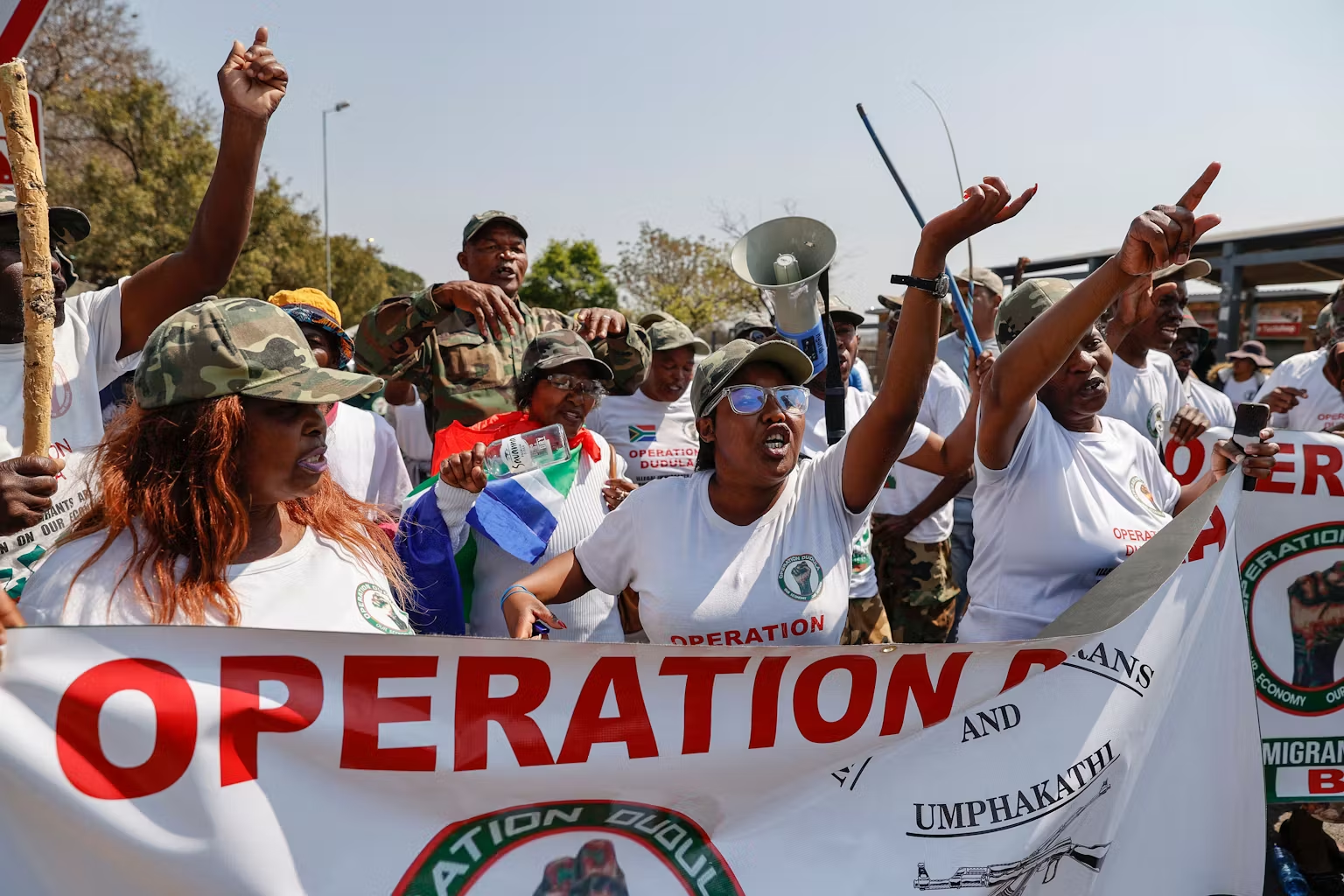
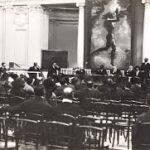
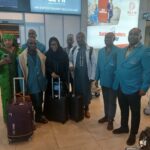
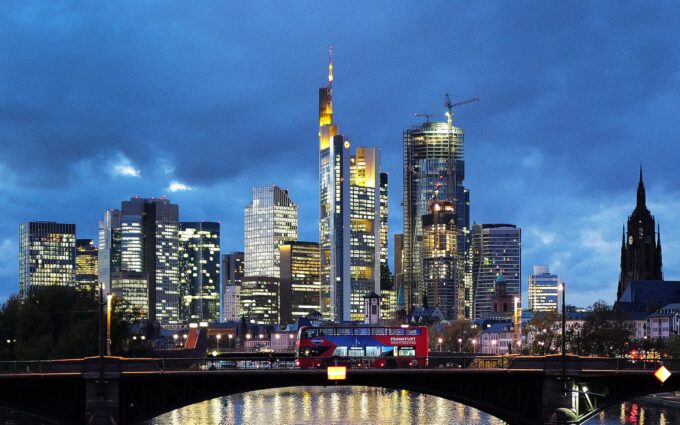

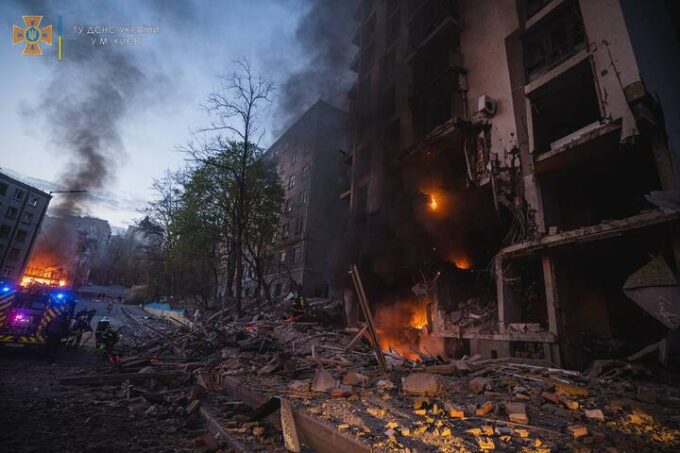

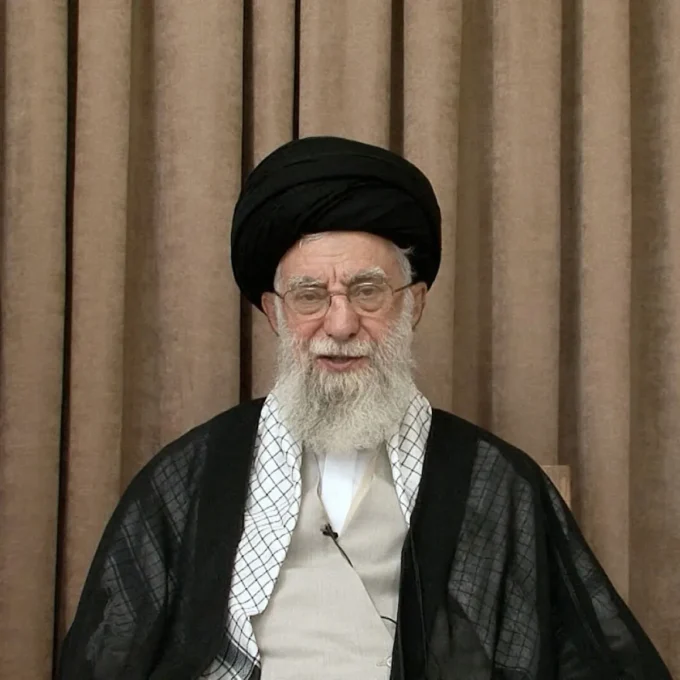



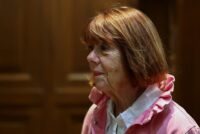
Leave a comment